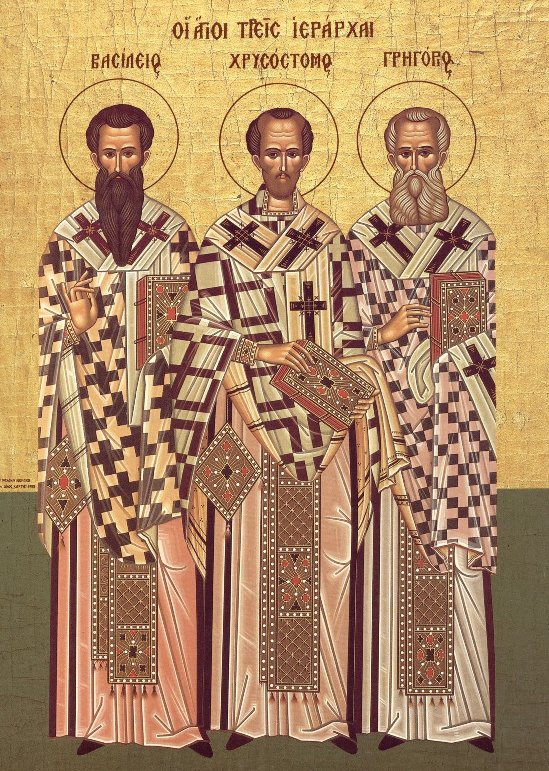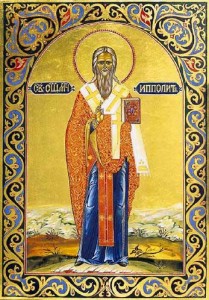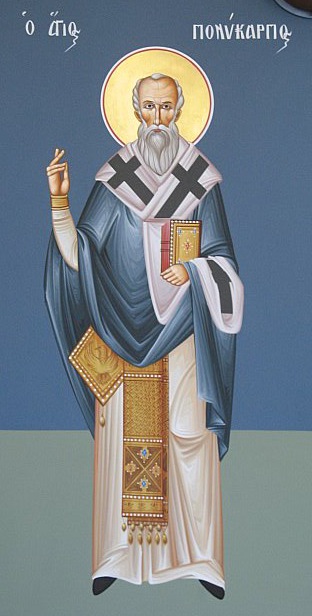Group Pilgrimage
I thought I would do a follow-up to yesterday’s post about friendship…
Since the earliest times, as pilgrims traveled towards some holy site, they would travel together in groups. They would band together for support, encouragement and safety as they journeyed towards their pilgrimage destination. Likewise, in our pilgrimage towards Heaven, good friends along the way can offer us all kinds of support.
Given my personality type, I benefit greatly from time by myself, but in recent years I’ve come to understand how much I need friends. Good, virtuous friends support and encourage, but also tell us the cold, hard truth about ourselves when we really need it.
A while ago I was praying The Office of Readings and read about the beautiful friendship between St. Basil and St. Gregory of Nazianzen. These were two of the three “Cappadocian Fathers” who were Early Church Fathers in Fourth Century Turkey. On Wednesday, in the Eastern calendar, it will be their feast day, the “Feast of the Three Holy Hierarchs“, I thought I’d share an extract from one of Gregory’s sermons where he describes his relationship with Basil.


 In the
In the 